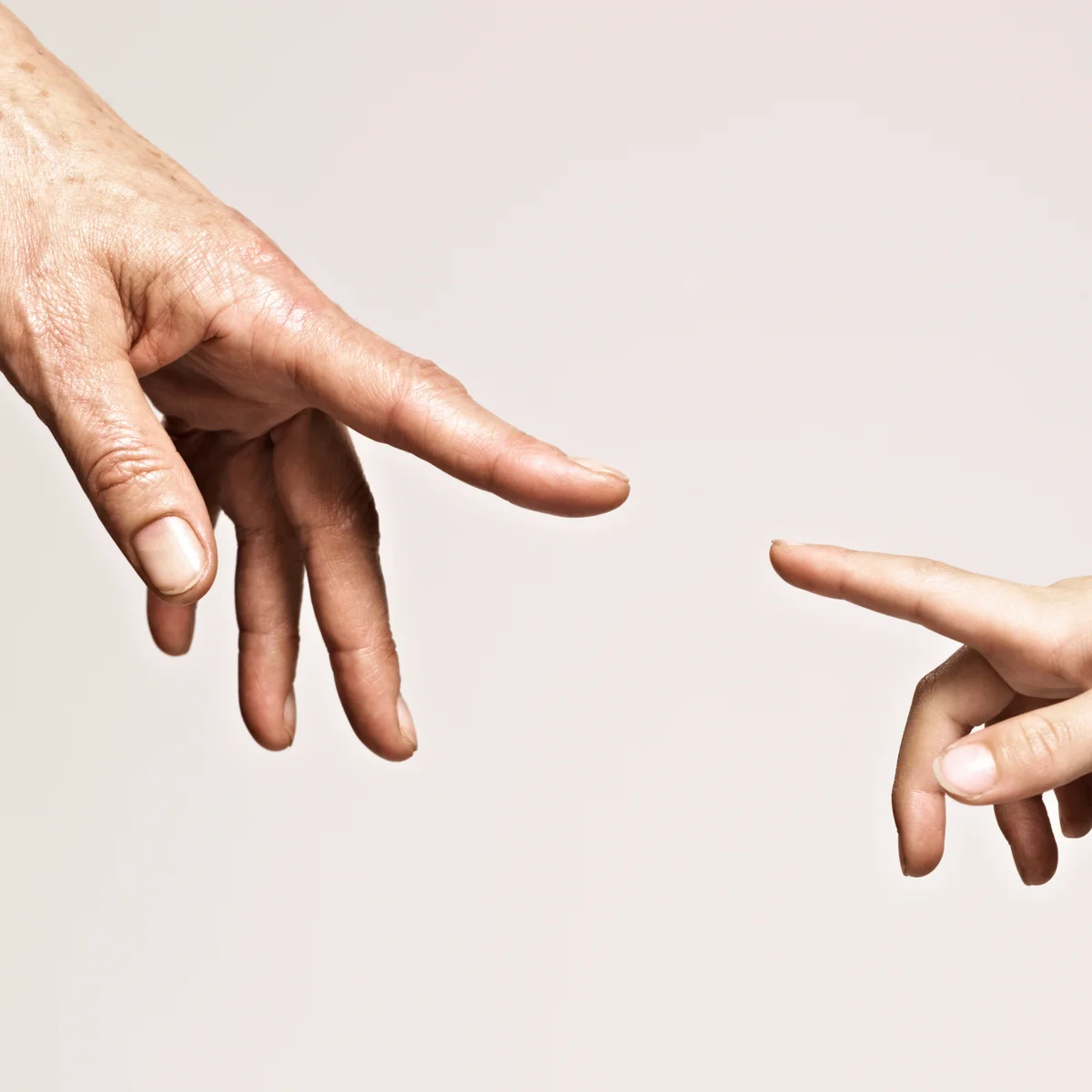The Hidden Psychology of Touch Deprivation in Adults
In a world hyper-connected through screens but increasingly distant in physical presence, one subtle yet powerful form of deprivation often goes unnoticed: the absence of human touch. While we readily acknowledge the importance of nutrition, exercise, and mental rest, we rarely pause to ask: When was the last time I experienced warm, non-sexual, human touch?
Touch is more than a physical gesture—it is a psychological necessity. Its absence doesn’t just leave us longing; it silently rewires the way we feel, relate, and even regulate stress.

WHY DOES TOUCH MATTER?
From the moment we are born, touch becomes our first language. A baby’s sense of safety is tied to being held, cradled, and soothed. Neuroscience reveals that even in adulthood, touch activates the vagus nerve, lowers cortisol (the stress hormone), and boosts oxytocin—the hormone that builds trust, bonding, and calm.
WHAT TOUCH DEPREIVATION LOOKS IN ADULTS
The effects of touch deprivation often surface in subtle, misattributed ways:
- Heightened Stress & Anxiety: Without grounding physical cues, our nervous system struggles to downshift from hyperarousal
- Increased Loneliness: Even in crowded environments, the lack of touch amplifies the feeling of disconnection.
- Body Image Distress: Absence of affirming, non-judgmental touch can deepen self-consciousness about one’s body.
- Irritability or Numbness: A strange paradox—people deprived of touch may become either hypersensitive to small stressors or emotionally flat.
HEALING THROUGH HEALTHY TOUCH
While the modern world complicates access to safe, affirming touch, it’s possible to consciously reintroduce it:
- Intentional Hugs: Research shows that 20-second hugs reduce cortisol and increase oxytocin levels.
- Therapeutic Touch: Practices like massage therapy or reiki provide safe, structured environments for healing contact.
- Pets as Surrogates: Stroking a dog or cat can mimic some of the calming, regulating effects of human touch.
- Self-Touch Practices: Weighted blankets, self-massage, or even placing a hand over your heart can trigger soothing parasympathetic responses.
- Reframing Social Norms: Normalizing platonic touch in friendships and families helps dismantle the stigma around adult touch needs.
CONCLUSION
Touch deprivation in adults is rarely spoken about, yet it quietly shapes our stress levels, moods, and relationships. The truth is: needing touch is not childish or weak—it is profoundly human.
By acknowledging this hidden psychology, we open the door to healthier connections—not just with others, but with ourselves.
Found this helpful? Subscribe below for more



